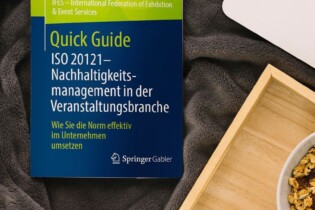 Researching evaluation reports as to why some groups of delegates come away from a conference enlightened and invigorated while another group within the same conference have almost lost the plot has been revealed in stark reality.
Researching evaluation reports as to why some groups of delegates come away from a conference enlightened and invigorated while another group within the same conference have almost lost the plot has been revealed in stark reality.
All conceptual planners, in particular those who manage various international delegations at the same convention, should take careful note of some serious findings which are in fact not new yet well-investigated some years back.
Depending on the cultural roots of the delegation will determine their expectations and understanding on a range of subjects within the same convention.
Richard Lewis, a UK consulting operation, has undertaken major studies on cultural types well-known as The Lewis Model. (Not to be confused with the inclement weather cricket scorers Duckworth-Lewis model.)
According to Lewis’ findings there are three variations:
As a delegation:
- Linear-active are cold, factual, decisive planners emanating from – Europe, USA, UK, Czech Republic, Norway, Sweden etc.
- Multi-active are warm, emotional, loquacious, impulsive emanating from – Chile, Sub-Saharan Africa, Saudi Arabia, Emirates etc.
- Re-active are courteous, amiable, accommodating, compromising and good listeners emanating from – Vietnam, Japan, China, Thailand, Korea etc.
Clearly of the cultural types the three variations pin-point geographic locations.
Take the understanding of the word ‘contract’ and check the differences depending on the delegate’s cultural type:
A ‘contract’ is to the:
- Linear-active – binding and final
- Multi-active – an ideal document in an ideal world (but the world is not perfect)
- Re-active – a statement of intent (this must be re-negotiated if circumstances change)
So next time a puzzled planner wonders why some delegations were not satisfied with the presentation while others were it could be that the essence of the topic’s wording had not been defined as to the meaning from their cultural perspective. This is real food for thought.







